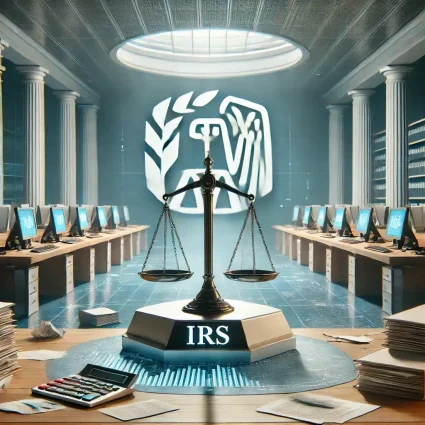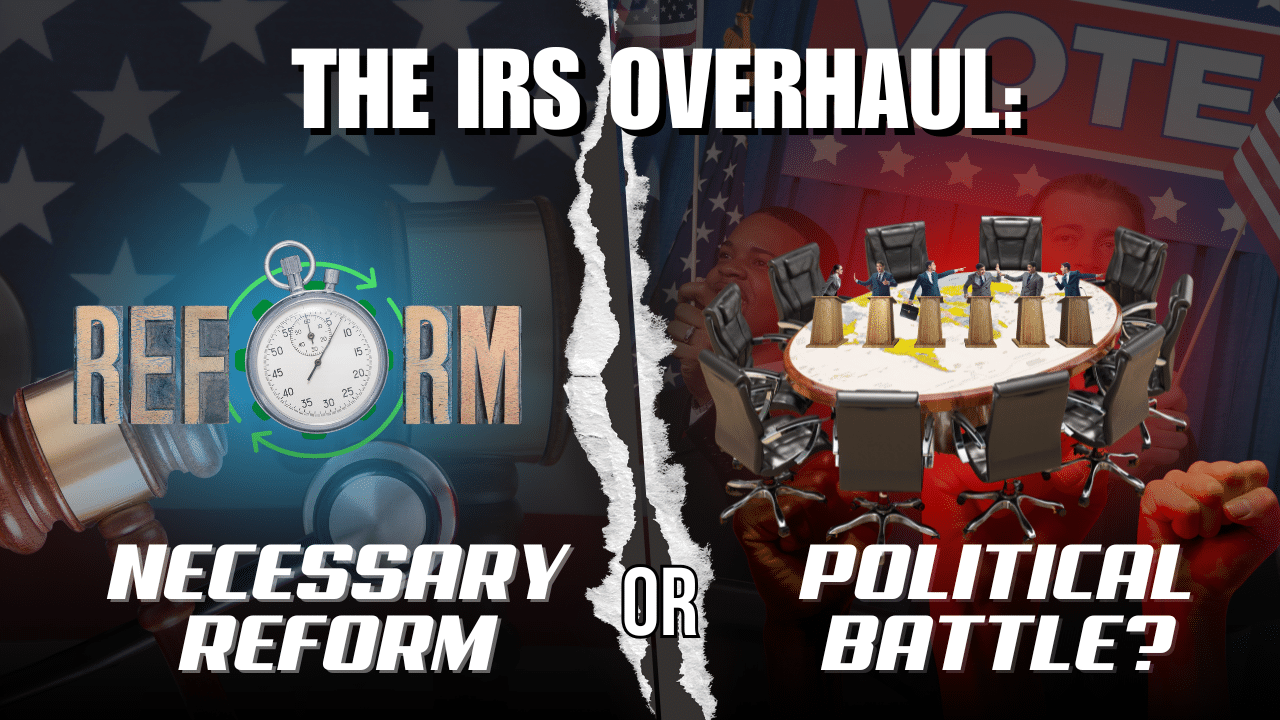The IRS Overhaul: A Necessary Reform or
a Political Battle?
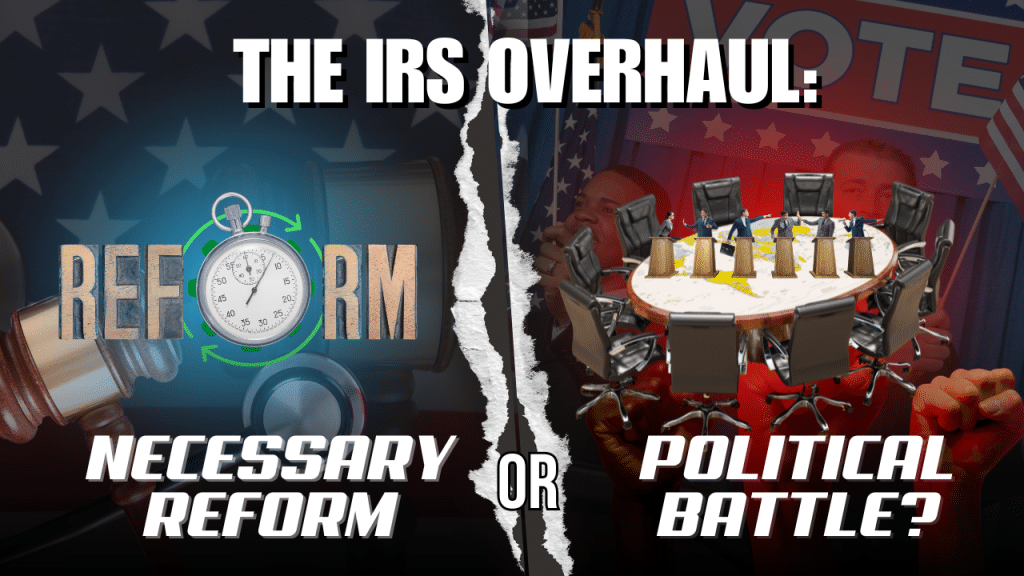
The Internal Revenue Service has long been an inefficient bureaucracy, plagued by outdated processes and a workforce that leans heavily toward a big-government ideology. The recent moves by the Trump administration to reform the agency have been met with backlash from bureaucrats and their media allies, but in reality, these changes are necessary to prevent government overreach and ensure that tax enforcement remains fair and unbiased.
Cleaning House: The IRS Layoffs
The IRS has historically been understaffed, but funding an agency where a large portion of the workforce appears to support policies that align with a more socialistic vision of government is a tough sell for Republican lawmakers. The agency has long been dominated by employees who believe in increasing tax enforcement and government expansion, often at the expense of conservative taxpayers and businesses.
The layoffs of over 7,000 employees, including many in the Large Business and International division, have been framed as an attack on tax enforcement. However, these cuts are more about restoring accountability and reining in an agency that has too often acted with political bias. Under previous administrations, audits disproportionately targeted conservative groups and small businesses while major corporate tax loopholes were ignored. These staffing changes are an attempt to level the playing field and ensure that tax collection is based on fairness, not ideology.
Depoliticizing the IRS
The IRS has historically been understaffed, but funding an agency where a large portion of the workforce appears to support policies that align with a more socialistic vision of government is a tough sell for Republican lawmakers. The agency has long been dominated by employees who believe in increasing tax enforcement and government expansion, often at the expense of conservative taxpayers and businesses.
The layoffs of over 7,000 employees, including many in the Large Business and International division, have been framed as an attack on tax enforcement. However, these cuts are more about restoring accountability and reining in an agency that has too often acted with political bias. Under previous administrations, audits disproportionately targeted conservative groups and small businesses while major corporate tax loopholes were ignored. These staffing changes are an attempt to level the playing field and ensure that tax collection is based on fairness, not ideology.
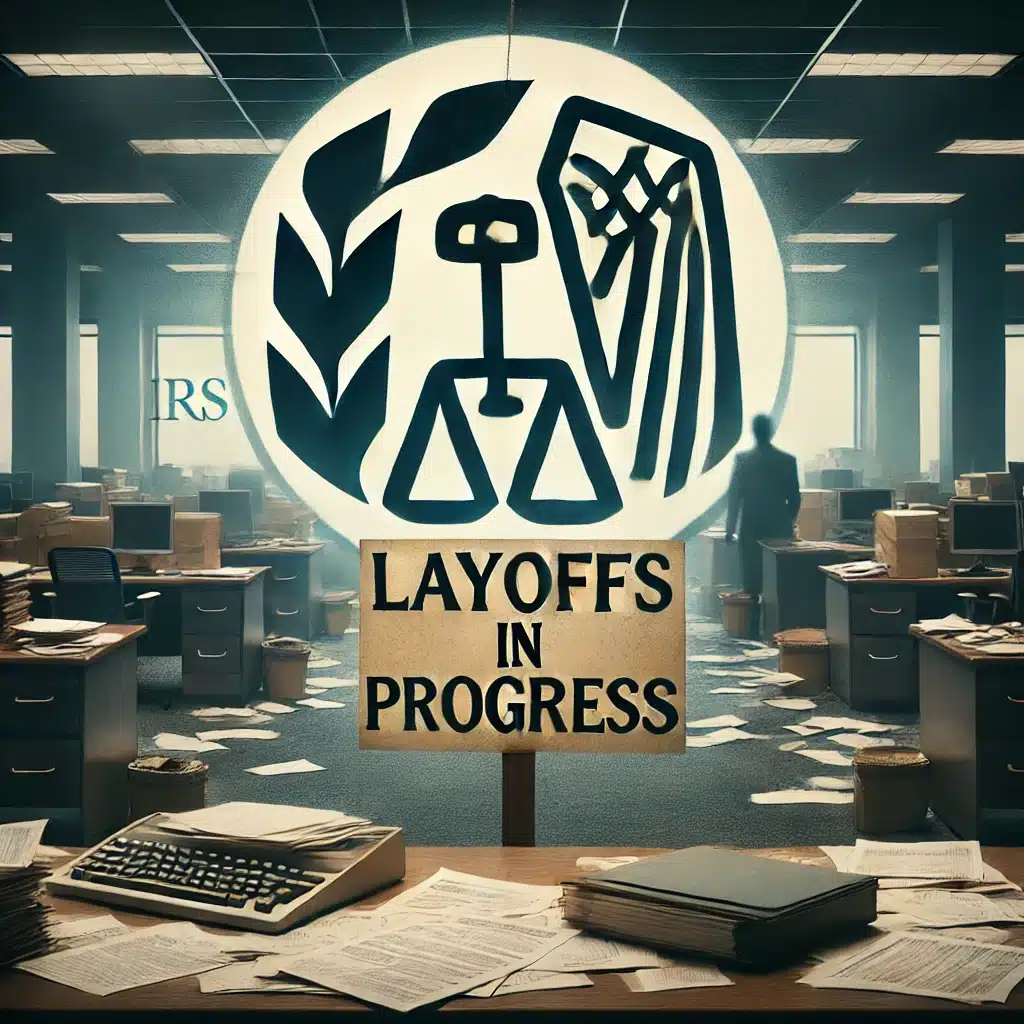
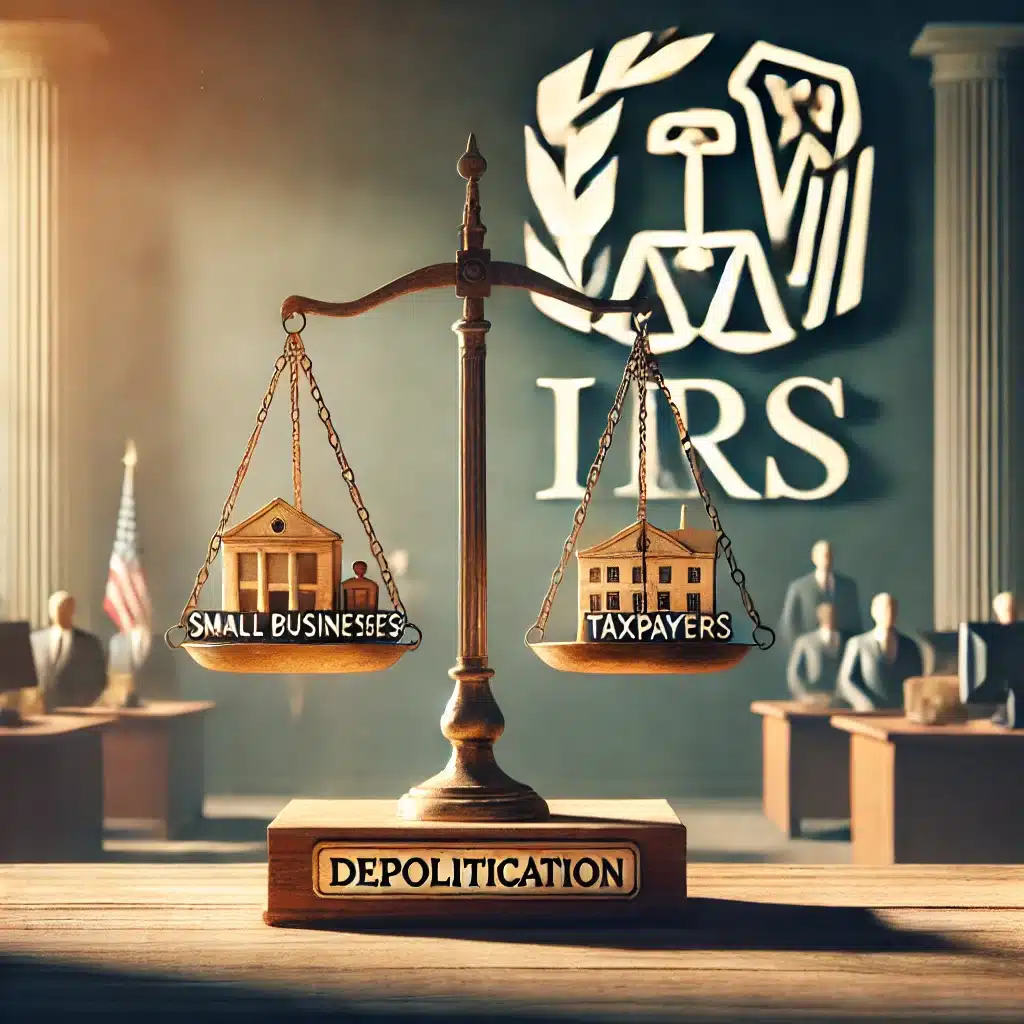
The IRS and Political Targeting
The concern that the IRS could be used for political purposes is not new. During the Obama administration, conservative groups were disproportionately targeted for audits, yet the media largely ignored it. Now, when the Trump administration takes steps to reform the agency, suddenly the IRS’s independence is a major concern? The double standard is clear.
Furthermore, fears that the Trump administration will weaponize the IRS against political opponents are speculative at best. The real question is whether the IRS should have so much unchecked power in the first place. The agency holds massive amounts of personal data on American citizens, and both Republican and Democrat administrations should be held accountable for how that data is used.
Toward a More Effective IRS
The layoffs at the IRS are not about undermining tax enforcement but about ensuring that the agency does not continue to operate as a politically biased institution. While the IRS has been historically understaffed, the issue is not just about numbers—it is about accountability. It is difficult to justify significant funding increases for an agency where a large portion of employees appear to support policies that undermine conservative values.
Trump’s critics claim these reforms will lead to tax evasion and revenue loss, but history tells a different story. An IRS that is bloated with bureaucracy and political bias does not collect taxes fairly—it selectively enforces them. A streamlined, accountable IRS ensures that all Americans, regardless of their political beliefs, are treated fairly under the law.
The future of the IRS should be one of modernization and efficiency, not unchecked expansion. Trump’s reforms may be controversial, but they are necessary to bring balance and fairness back to tax enforcement.
